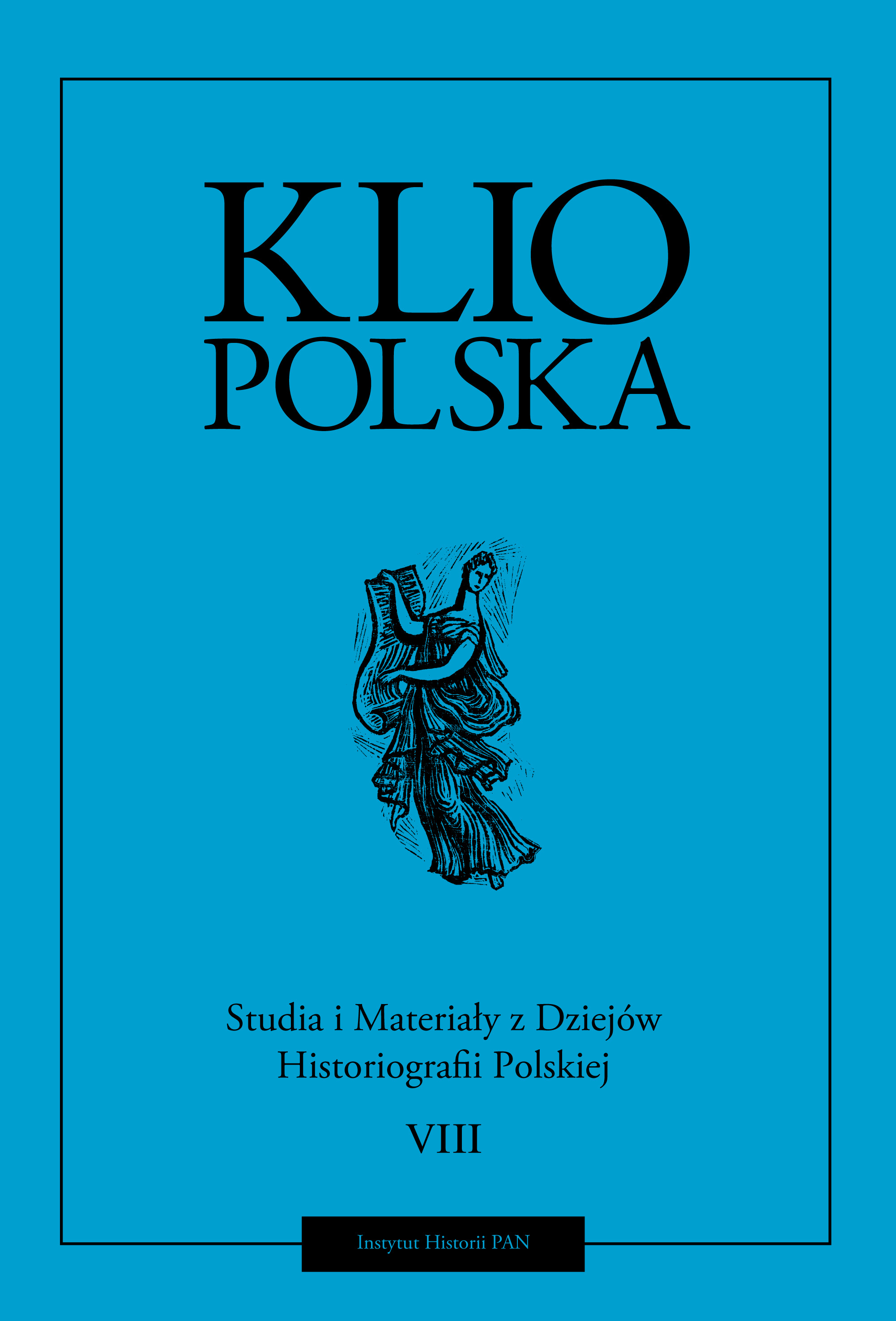Granie w historię
Playing at history
Author(s): Marek WoźniakSubject(s): History, Cultural history, History of ideas
Published by: Instytut Historii im. Tadeusza Manteuffla Polskiej Akademii Nauk
Keywords: history; culture; play; scientific ideal; democratization of history; the past as seen through the prism of mass media;
Summary/Abstract: The phenomenon of a democratization of history lies not so much in the equal status of different narratives about the past as in the society’s willingness to regard them as equally acceptable. In this sense academic historiography is not the only source of the cultural visions of the past. Movies, games, the Internet and other digital media all serve as a platform for creating these visions which, being usually the work of history-loving amateurs rather than professional historians, emerge within the framework of the so called non-conventional history (representations of the past found in movies or literature) or the alternative history (representations of the past found in computer games, historical portals or produced by reconstruction groups). The pluralism of the visions of the past and of ways of representing it turns out to be as much the result of the process of the democratization of history as it does the consequence of the technological possibilities that have emerged in modern culture, the essence of which seems to lie in its audio-visual character. In order to make it possible for history to carry out its cognitive functions, it is necessary not only to reformulate research programmes, which after all is being done, but also to devise new ways of representing the past. This is dictated not only by some key aspects of research practice, which is informed by the post-modernist critique of the traditional forms of practising history, but also by the new cultural context the historiography of today is set in. It is within this context that we may observe both verbal and visual articulations of the view of the past that is alternative to the representations of it in academic historiography. These articulations can be found in a variety of history games. It should also be kept in mind that the benefits of ‘playing at history’ are usually thought of as lying in the realm of education and of the commercialization of history. However, its cognitive potential is usually neglected.
Journal: Klio Polska
- Issue Year: 2016
- Issue No: 8
- Page Range: 131-143
- Page Count: 13
- Language: Polish

